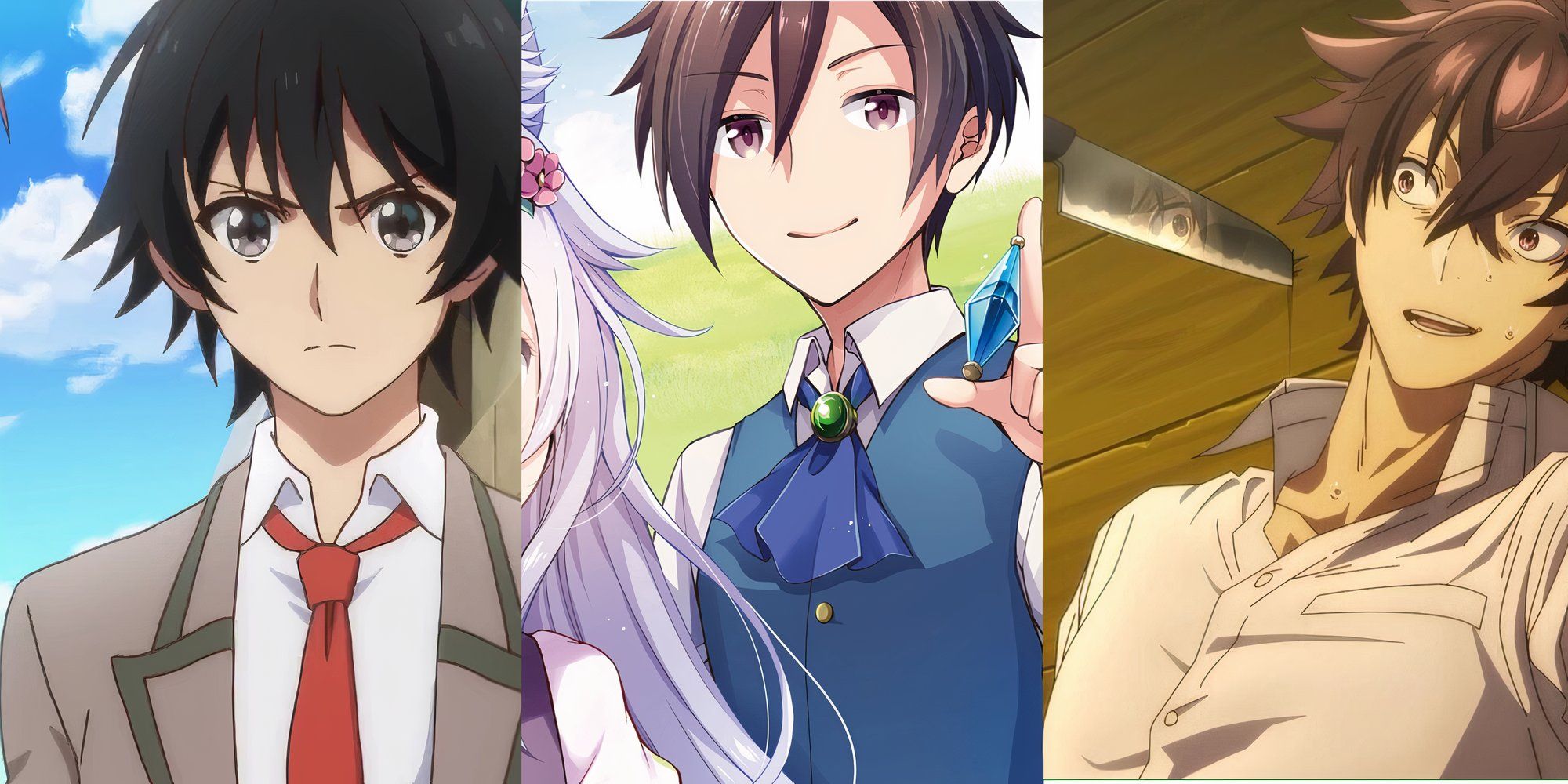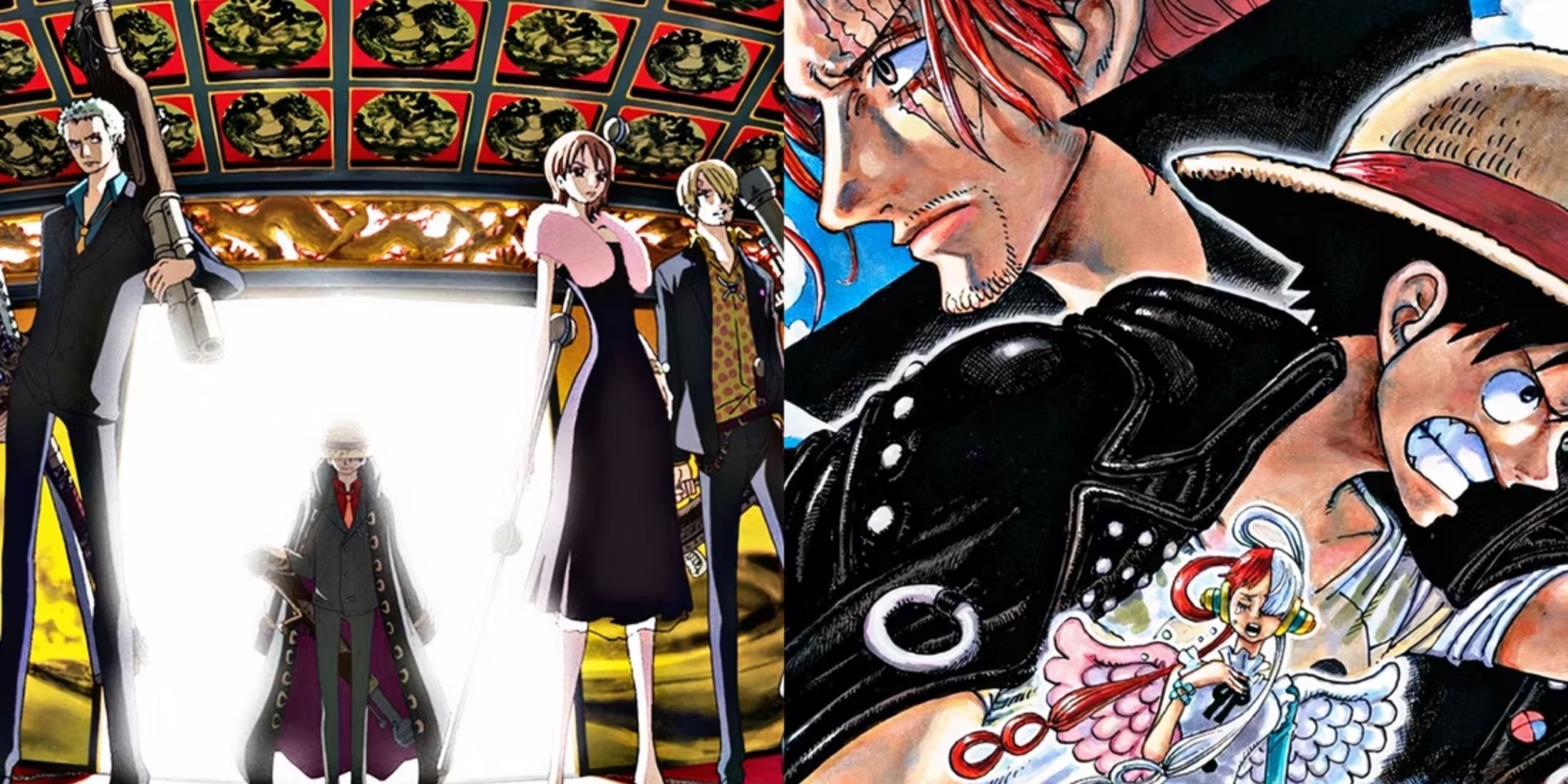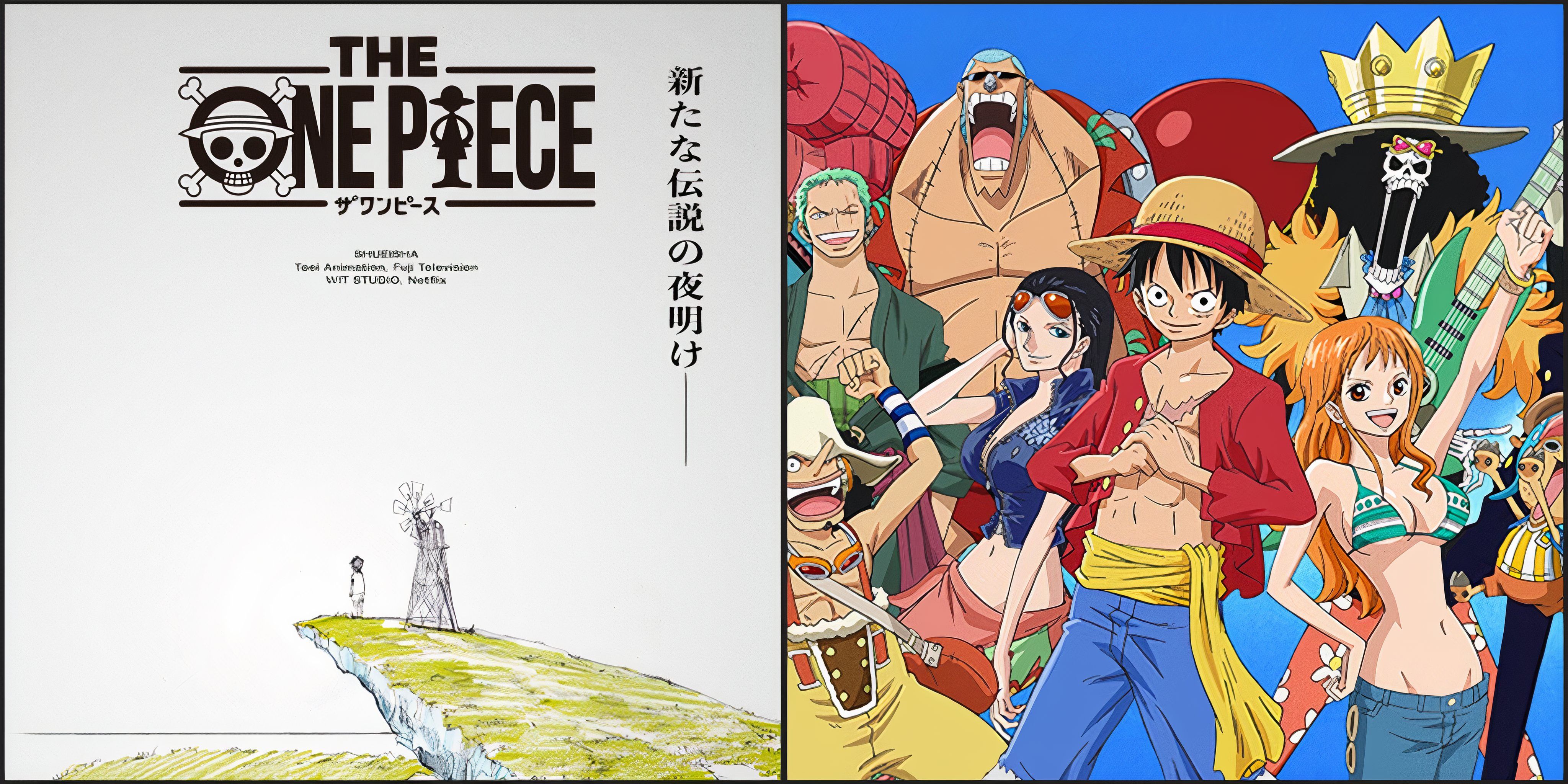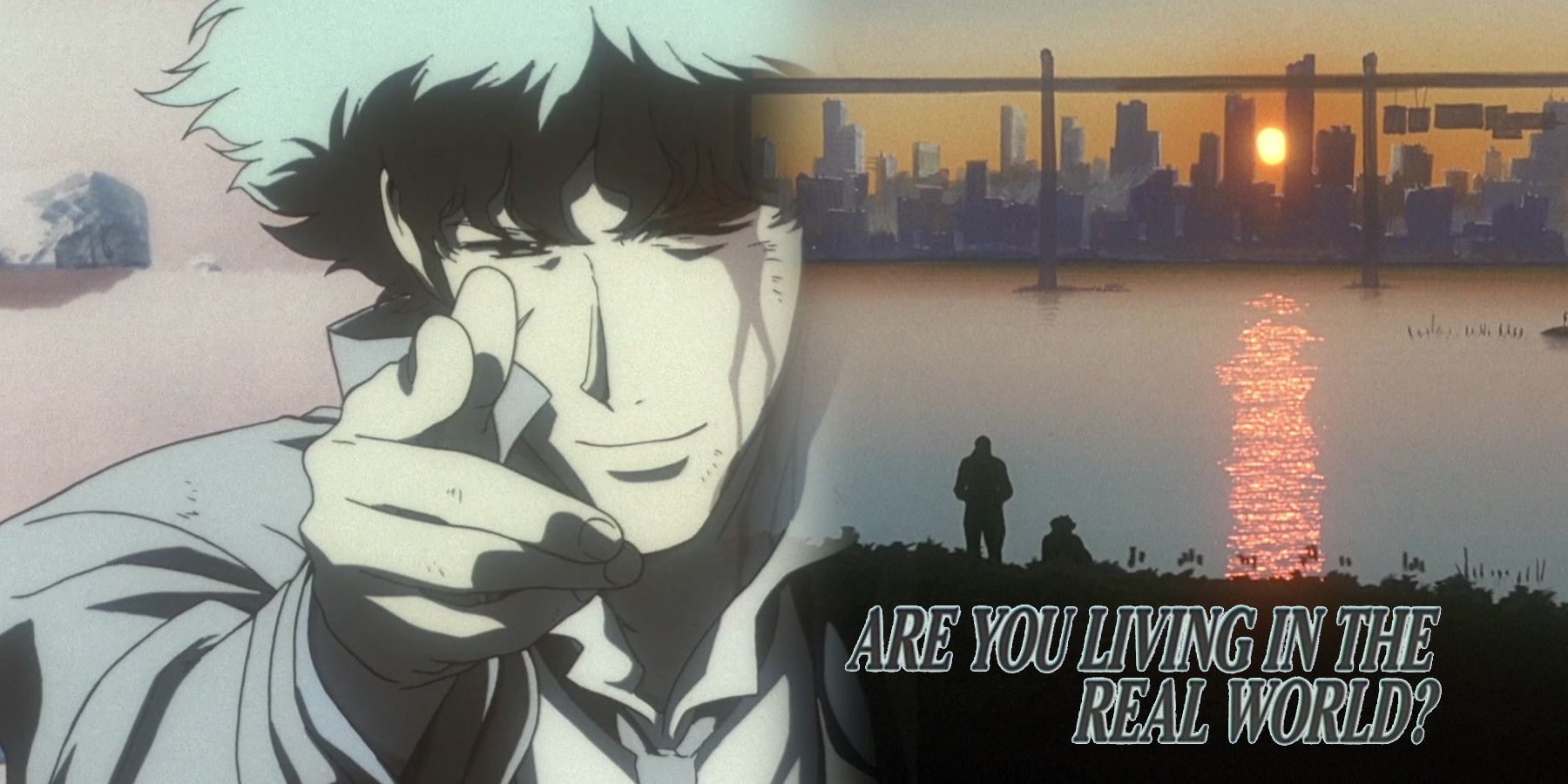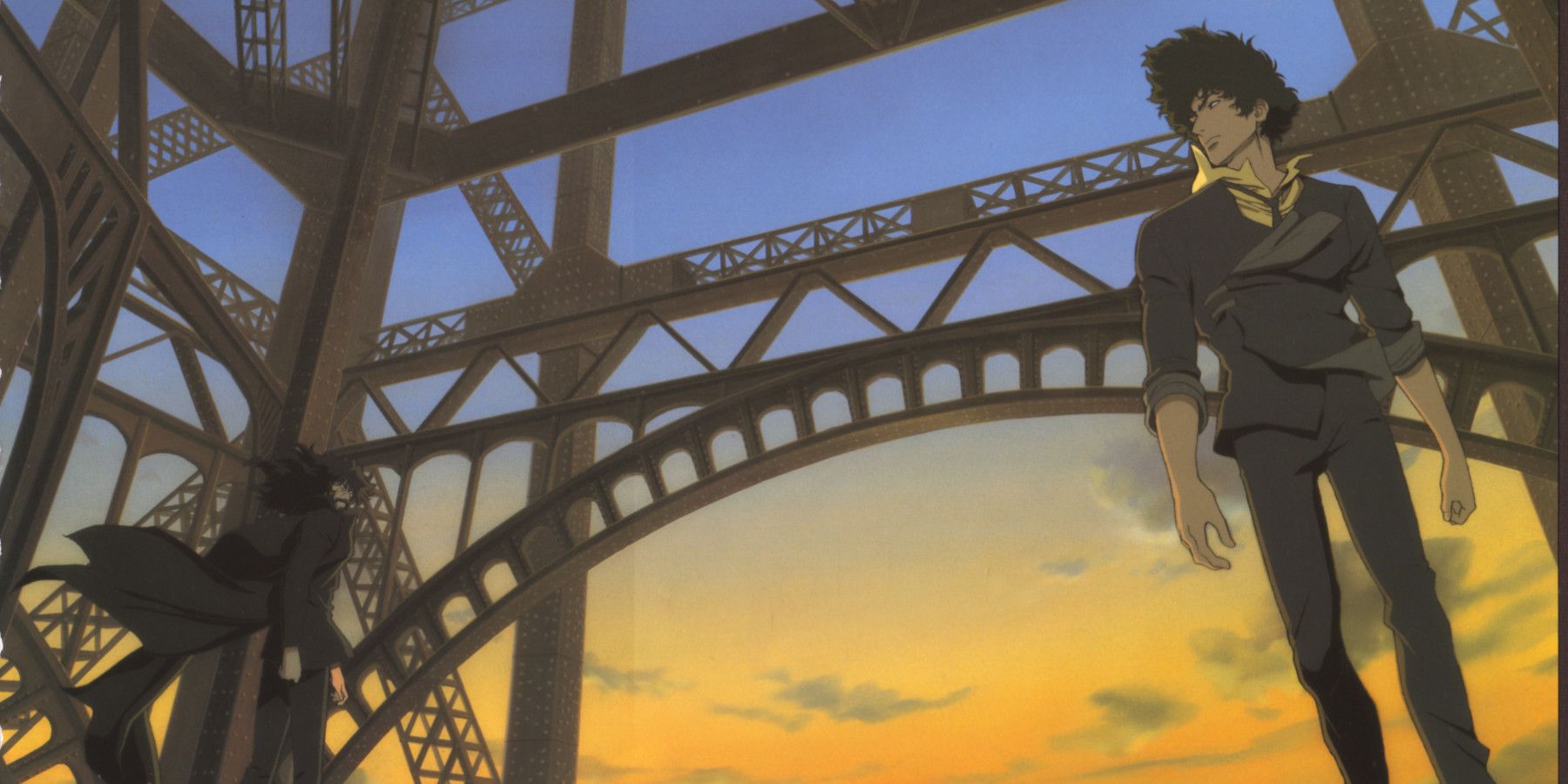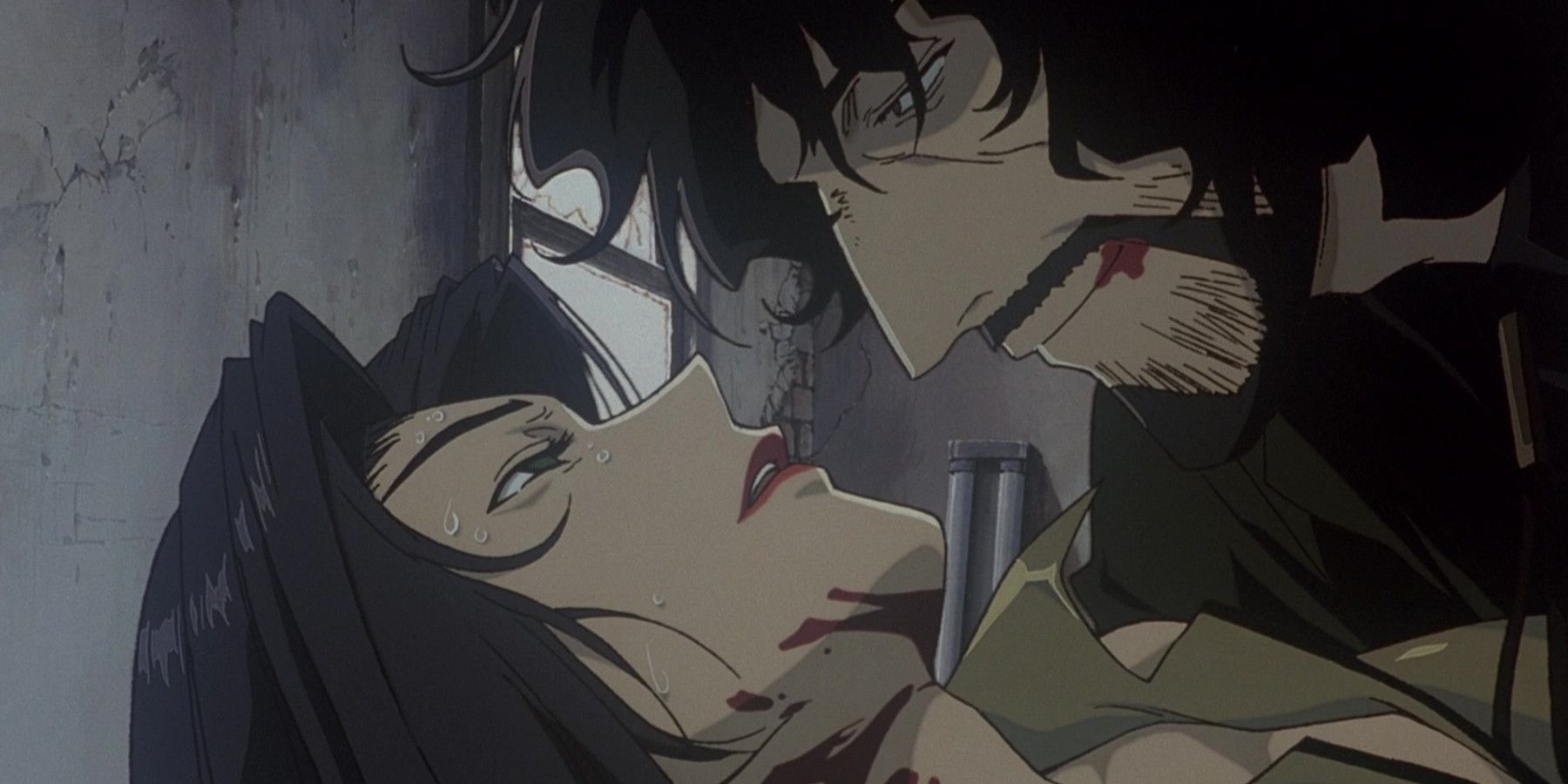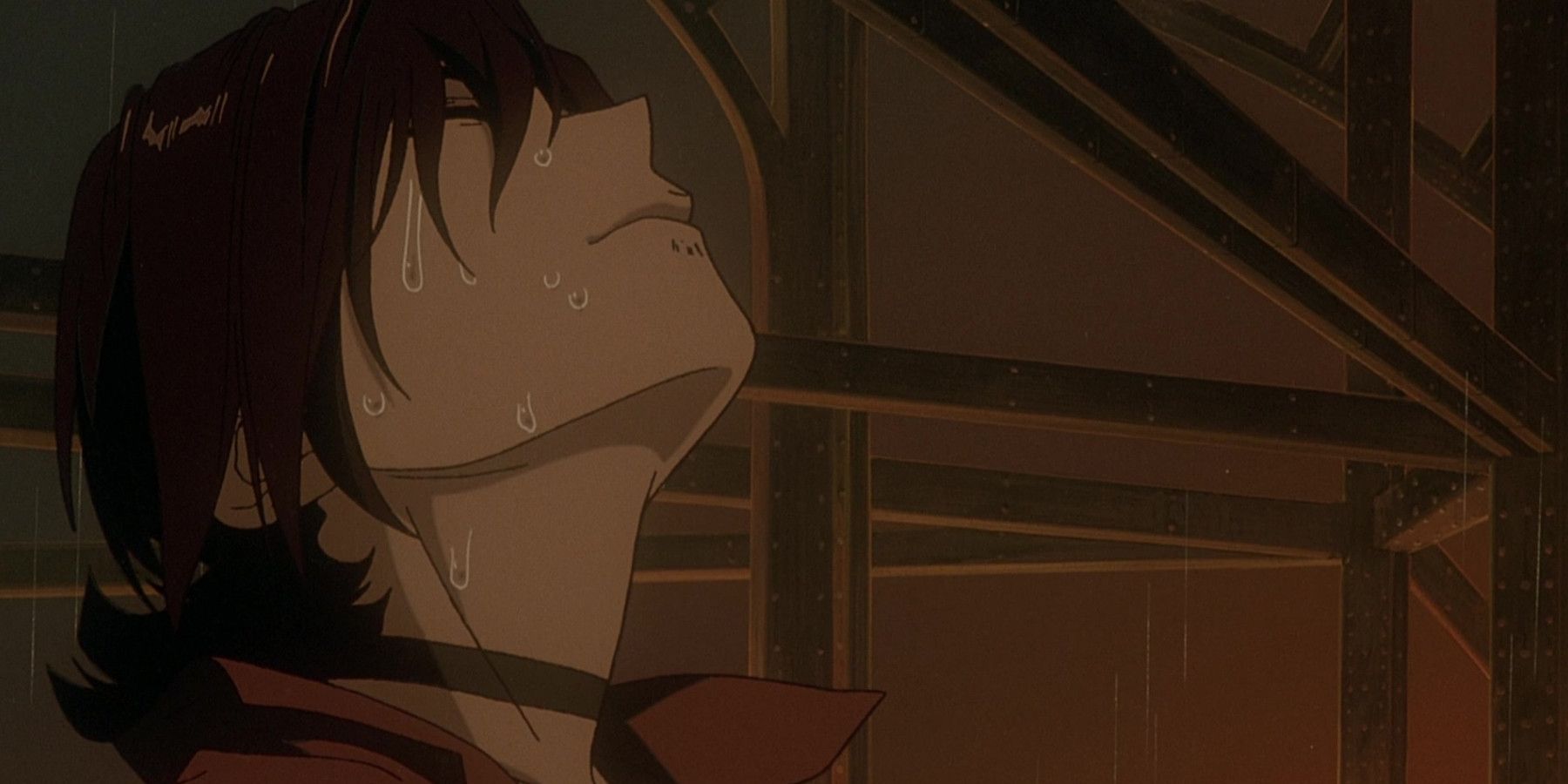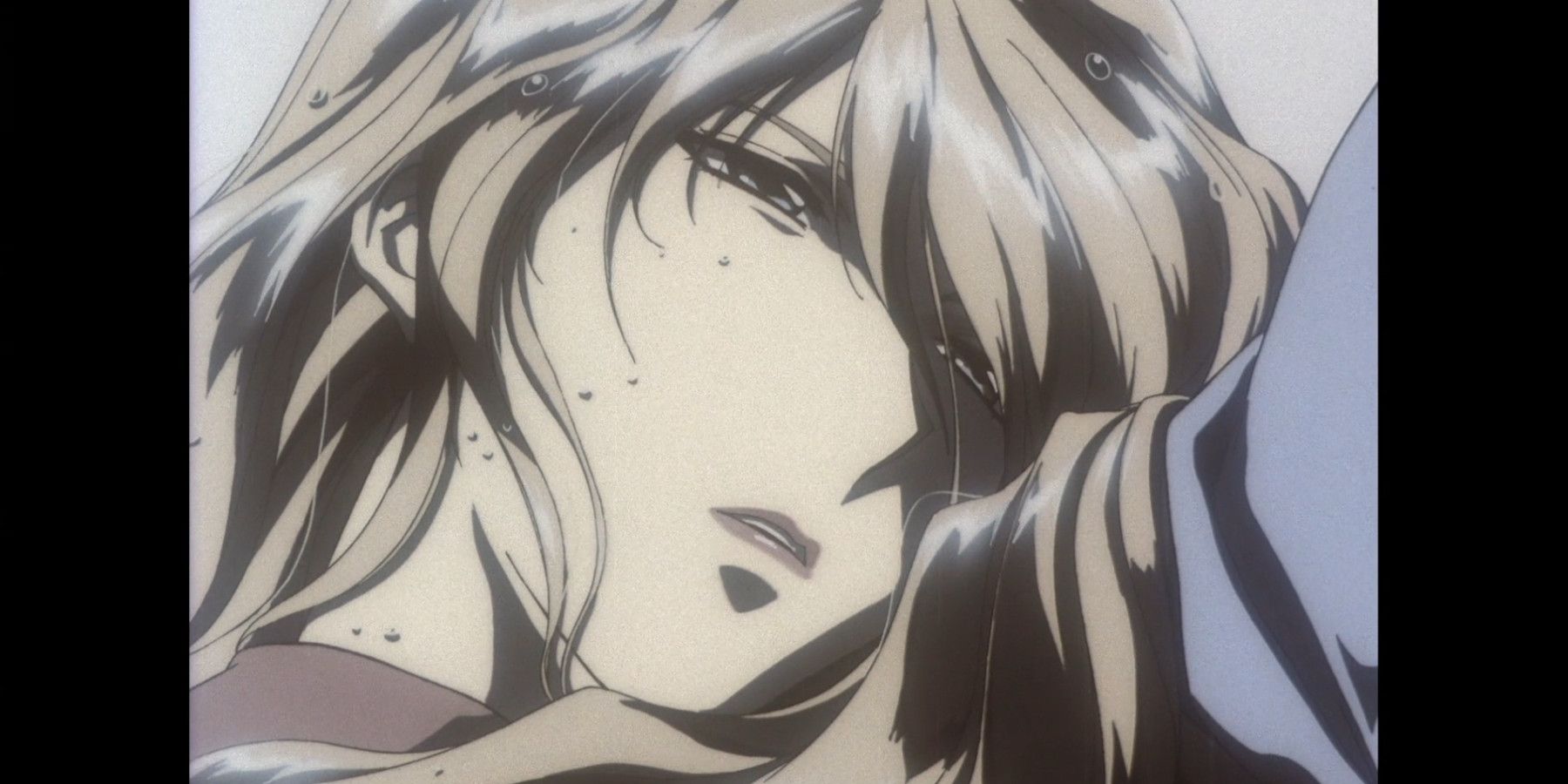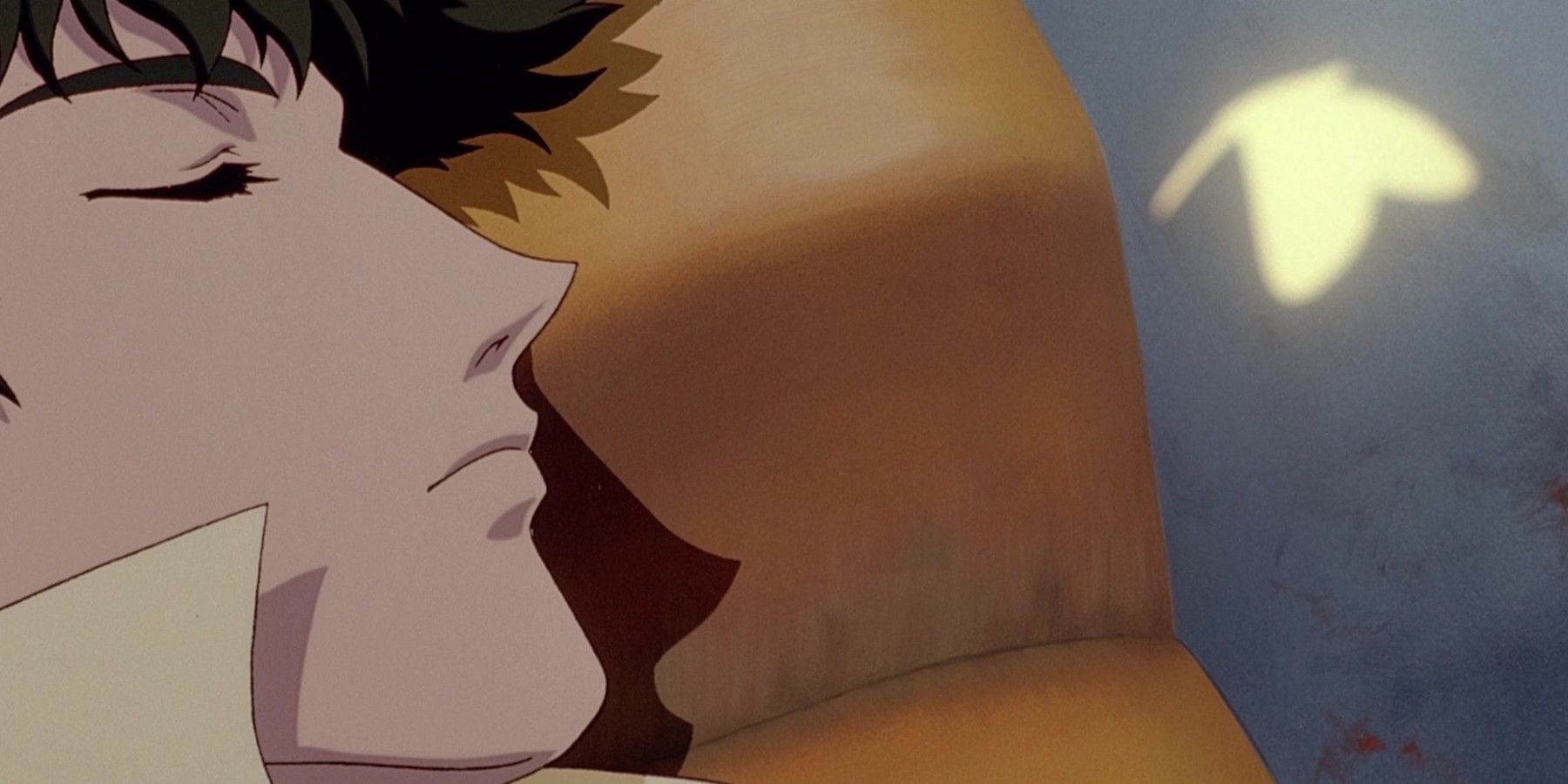Major spoilers for Cowboy Bebop ahead!
Cowboy Bebop is an inspired synergy of so many different stories and genres that - as its slogan proclaims - it "becomes a genre in itself," but there's a heavy spiritual element that can be overlooked. The series has a compelling yet understated way of approaching the existential, and the movie, Knockin' on Heaven's Door, makes a more fitting epilogue than people realize.
The film came out in 2001, over two years after the conclusion of the TV series, and is a standalone story featuring the main cast that can be enjoyed by itself. As per official channels over the years, it's largely understood that it's set in-between episodes 22 and 23, right before the story approaches its climax, but what if that weren't entirely the truth?
The Theory
The reason that the Bebop movie technically has to be set prior to the finale is that within the last four episodes, the entire Bebop crew disbands slowly but surely. Faye remembers her past just as Ed reunites with their father and decides to leave the ship to live on Earth, accompanied by Ein. Then, to make matters worse, Spike's past pulls him back into the fold as Vicious' mutiny in the Syndicate demands that all loose ends be dealt with, including Spike and Julia.
In the end, Julia loses her life, and Spike, no longer content to run from his past, faces his demons head-on. After a one-man raid on the Syndicate headquarters, he faces Vicious in a duel, killing his former friend, only to perish himself moments later, ultimately content. So logically, the story concludes right then and there.
However, consider the theory that the Bebop movie is, in fact, a continuation, set after Spike's death, thus suggesting that the movie is a sort of dream or purgatory. Obviously, the "what if [THING] is actually a dream?" idea is an overdone and lazy trope of media analysis, but there genuinely is a solid foundation for a discussion about Cowboy Bebop as a statement on the existential.
There is a recurring motif of dreams from the opening monologue to its reprisal at the end of the credits, but it's embodied most prominently in the main villain, Vincent Volaju. After his involvement in the test of a nanomachine virus on Titan, he became unable to distinguish between dreams and reality. Unable to remember his life aside from his trauma, he wishes to destroy the world to "wake up," and take everyone on Mars with him.
Bebop's main characters don't necessarily develop through this film, but as with the TV series, sometimes it's less about the protagonists and more about the side characters. The Bebop crew are merely witnesses to these stories, helping out when and where they can, often learning something about themselves in the process. This film is really about Vincent and Elektra, the two original characters who share a romantic past.
It's not uncommon for stories to pit the hero against a mirror image of themself, and Vincent's skill, appearance, and motivation feel like a dark version of Spike. They're pretty evenly matched and the way they talk about their pasts just emphasizes how similar they are. When Spike talks to Elektra in the holding cell about how he used to not fear death, he says that he and Vincent "share the same soul."
When the credits come to a close and Spike reaches for the same kind of illusionary butterfly that Vincent saw all the time, the end title reads "ARE YOU LIVING IN THE REAL WORLD?" Spike's speech about a man who "lived in dreams" could just as easily describe him. Were it just the film espousing such virtues, it would be an interesting but not totally concrete theory, but the TV show itself - and especially the ending - support this theory even more.
"It's All A... Dream"
What are dreams, really? People think of them as goals of what we'd like to do or become, but more literally, we use the word to refer to REM sleep, and thereby, something that is illusionary; fake. It can symbolize something unobtainable. Consequently, when it is obtainable, but undesirable, it becomes a nightmare, and when you realize you're dreaming, you tend to want to wake up. That is if you know you're dreaming at all.
The spirituality of Cowboy Bebop blurs the line between the real world and a dream as a metaphor for the listlessness of the characters and their disconnect from who they want to be. Spike comes face to face with death many times, whether it's getting thrown out a window by Vicious or shot and dropped from a moving train by Vincent, but he always comes back.
It's plot armor - sure, but it always feels more impactful than just that. When Vicious talks about how he is the "only" one who can set Spike free and vice-versa, it doesn't feel like just talk. Despite how grounded the show can be, there is something mythic about how these two characters have to face each other in order for them to be allowed to die.
Cowboy Bebop's story has always been in touch with the spiritual. Laughing Bull is a recurring character whose presence embodied the story's fluid perspective on life and death - a perspective that recontextualizes the story the more one looks at it. Just as dreams can resemble something idyllic that the characters strive towards, they can be things that trap them as well.
Julia abandoned her dream of leaving with Spike out of fear of death, being told that she was living in a dream. But when she dies, she utters "It's all a... dream," having finally escaped, though not in the way that she or Spike hoped for. And Spike isn't entirely concerned about what's a dream and what's reality. What matters to him is whether he's alive or dead, which isn't the same.
"Yeah... Just A Dream"
In the last episode, he tells Faye "I'm not going there to die. I'm going to find out if I'm really alive." Whether he lives or not, he'll finally attain some closure, both literally in avenging the fallen and taking responsibility, but also figuratively. Regardless of whether his life is real or a dream, it doesn't matter. He'll find closure, and he's ready for what will come next.
Taken one way, the film was more than just a gratifying reunion of the cast for one last journey, but an epilogue; a "dream" where Spike is traveling with the closest thing to a family he's got. He even helps a kindred soul escape their own nightmare, and realize their own mortality. Taken another way, even if the film isn't a dream, it's still a lot more significant than fans give it credit for.
If Cowboy Bebop: Knockin' on Heaven's Door truly is just another story set in-between episodes 22 and 23, then it stands to reason that the film informs their resolve in the finale. Perhaps defeating Vincent gave him some idea of how his story would end. It makes one wonder when he finally faced Vicious if he was thinking of a certain kindred soul who "lived in dreams."
